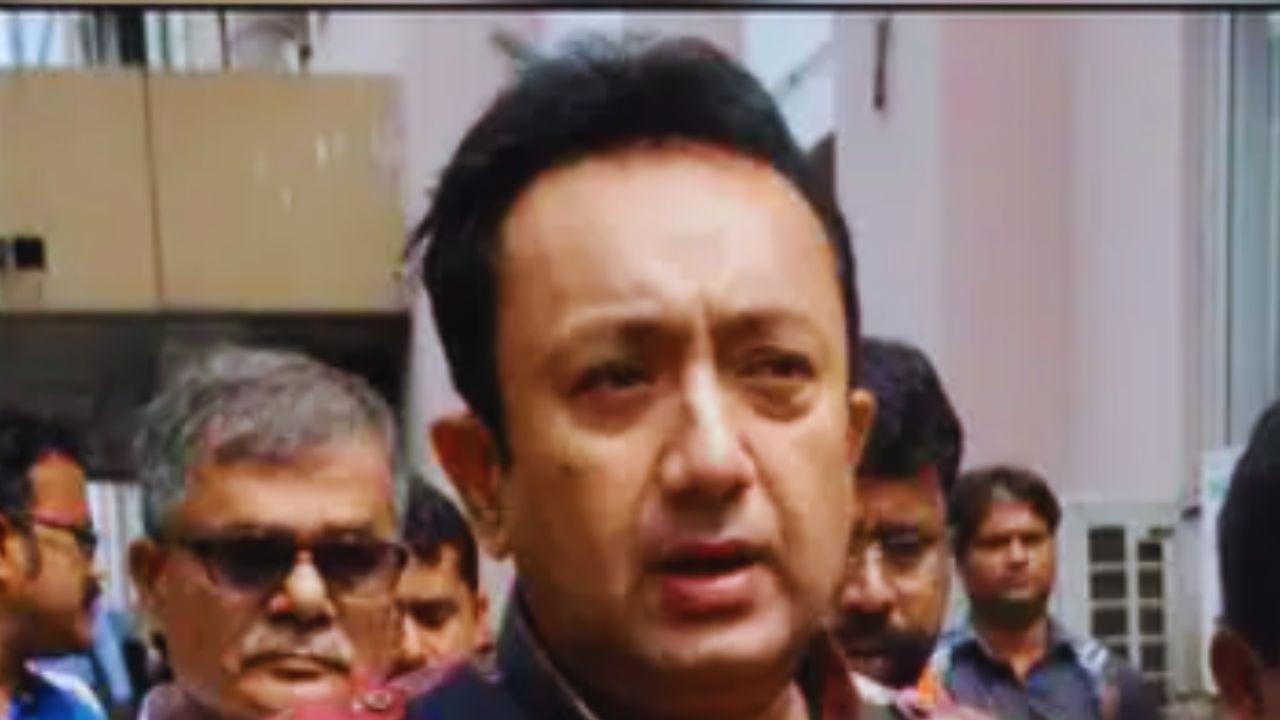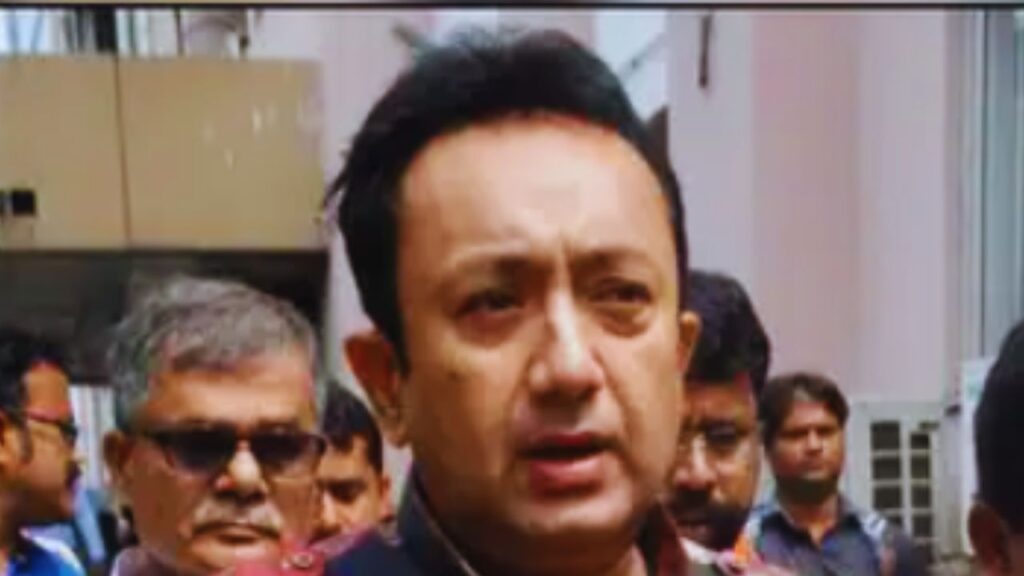
The Bengali film industry lost one of its most familiar faces as Joy Banerjee, the actor known for his powerful roles in cult classics like Chopper and Hirak Jayanti, passed away at the age of 63. According to reports, the actor succumbed to health complications, leaving behind a legacy that shaped an entire era of Bengali cinema.
A Career That Defined the 1980s and 1990s
Joy Banerjee made his silver-screen debut at a time when Bengali cinema was transitioning between traditional storytelling and a modern cinematic approach. His charismatic presence, natural acting style, and versatility made him one of the most bankable stars of the 1980s.
Films like Chopper (1985) and Hirak Jayanti (1990) catapulted him to fame, establishing him as a household name. Unlike many of his contemporaries, Banerjee didn’t shy away from experimental roles — often portraying intense characters that balanced emotion and realism. He shared screen space with iconic stars of his time, yet carved a niche for himself with his distinct dialogue delivery and charm.
Beyond Films: A Man of Many Roles
While cinema made him popular, Joy Banerjee also ventured into the world of politics and social service. A member of the Bharatiya Janata Party (BJP) for several years, Banerjee contested elections, though his political journey never mirrored the success of his acting career. Nevertheless, his foray into public life reflected his willingness to step out of the limelight of cinema and directly connect with people.
He was also admired for his contributions off-screen — participating in cultural programs, mentoring younger artists, and staying rooted in Bengal’s rich artistic traditions.
Tributes From the Film Fraternity
News of Joy Banerjee’s demise sparked an outpouring of grief from across the Bengali film fraternity. Senior actors, directors, and co-stars remembered him as not just an accomplished performer but also as a humble, approachable personality.
Veteran filmmakers recalled how Banerjee’s dedication often brought authenticity to roles, while younger actors remembered his encouragement and warmth during shoots. Social media platforms were flooded with emotional tributes, highlighting his influence on audiences and his role in shaping modern Bengali cinema.
Remembering His Legacy
For many fans, Joy Banerjee’s name remains synonymous with a golden era of Bengali films. His performances reflected the everyday struggles, dreams, and emotions of ordinary people, making him relatable across generations. Even today, screenings of Chopper or Hirak Jayanti evoke nostalgia for audiences who grew up admiring his work.

Though he later stepped away from the limelight, his occasional appearances at cultural events and television interviews kept his connection with cinema alive. For cinephiles, his legacy is not just about the number of films he acted in but about the lasting impression he left on the craft of storytelling in Bengal.
A Loss Felt Beyond Cinema
Joy Banerjee’s passing marks the end of an era. At 63, he had much more to offer both on-screen and off-screen. His journey — from a promising actor to a cultural personality — is a reminder of the profound role cinema plays in shaping not just entertainment but also identity and collective memory.
As Bengal mourns one of its beloved actors, fans continue to echo the same sentiment: Joy Banerjee may be gone, but his films and performances will live on forever.




